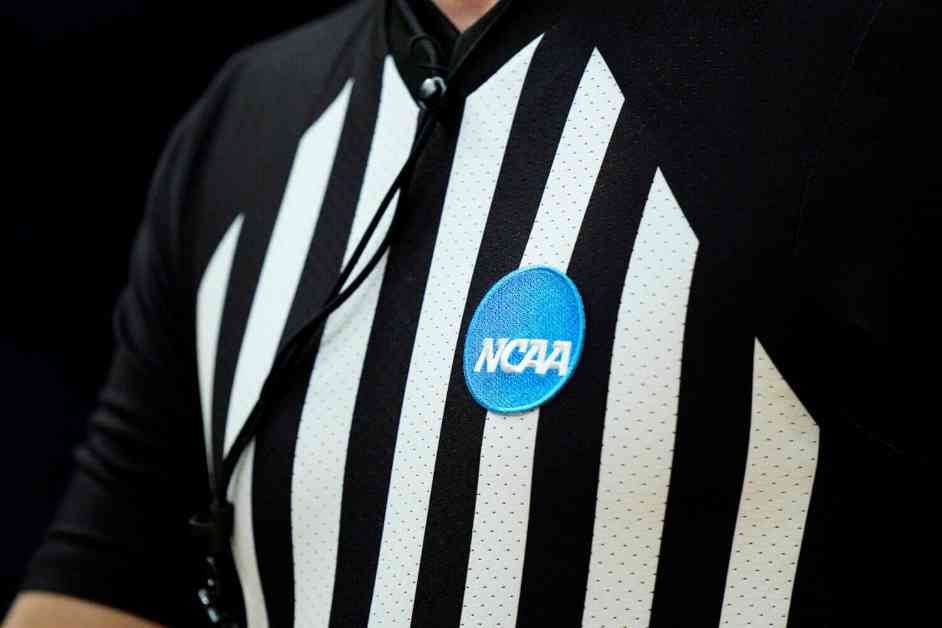The NCAA recently launched a new transparency platform called NIL Assist, which provides deidentified information about name, image, and likeness (NIL) compensation. This platform, created in partnership with Teamworks, allows athletes and the public to access data on average and median earnings for NIL deals. Users can sort this information by subdivision, sport, position, and type of NIL transaction, providing insights into the market value of various deals.
For example, the platform revealed that the average social media NIL deal for a Power 4 quarterback is $6,605, while the median deal is $150. The NCAA emphasized that the data will become more accurate over time as more information is added to the system. In January, the Division I Council implemented new rules requiring athletes to disclose NIL agreements exceeding $600 to their schools, which must then share the information with the NCAA.
While athletes are obligated to disclose their NIL deals, there is currently no clear penalty for failing to do so. The NCAA officials clarified that the database is intended for informational purposes and will not impact athletes’ eligibility. Incentives have been introduced to encourage athletes to disclose their deals, with schools offering more NIL assistance to those who comply.
The platform also includes a voluntary service provider registry for agents, brands, collectives, and products. The goal is to facilitate connections between athletes and service providers, allowing them to review previous work and make informed decisions. Despite some skepticism from agents and collectives regarding the registry’s value, officials are optimistic about its potential to benefit student-athletes.
Looking ahead, the disclosure of NIL data could influence the House v. NCAA settlement proposal, which involves the creation of a clearinghouse to vet contracts and determine the fair market value of deals. While the platform itself will not impact these outcomes, it will provide valuable data to inform future decisions. As the landscape of NIL continues to evolve, access to transparent information will be crucial for athletes, schools, and regulators to navigate this new era of college sports.




